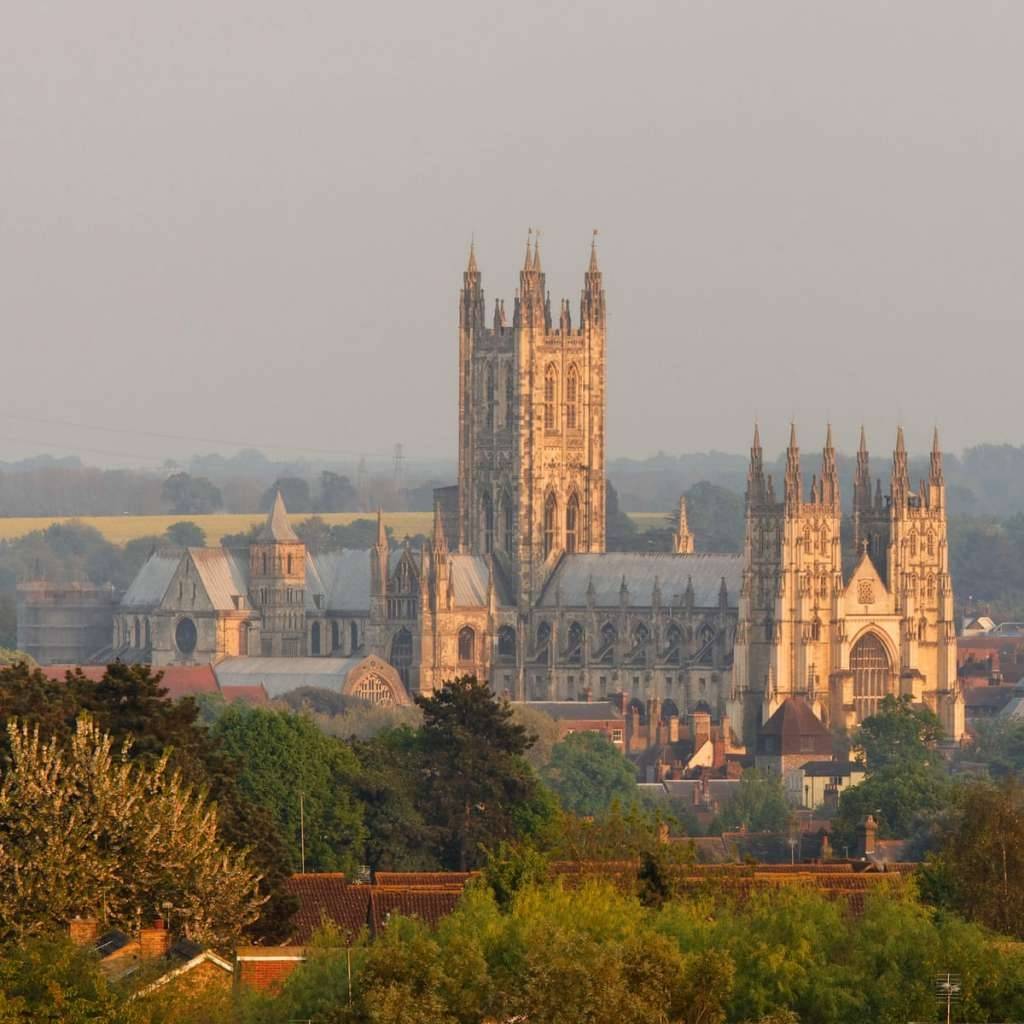Latest available figured show tourism is worth nearly $700 million a year to Canterbury’s economy….reports Asian Lite News
Described as the “Rome of Britain”, the Unesco World Heritage city of Canterbury faces the risk of being recklessly destroyed, one the UK’s leading heritage groups has warned.
As a major tourism city 107 km south east of London, Canterbury is in danger of losing its beauty and history by allowing an increasing number of ugly and outsized developments within, or adjacent to, the city’s historic core, still enclosed within its circuit of medieval walls, SAVE Britain’s Heritage said in a report on Wednesday.
The state of Canterbury is coming close to a national emergency, it added.
The city could follow Liverpool which recently was stripped of its World Heritage Site status, Ptolemy Dean, president of the Canterbury Society, also warned.
“Canterbury is different and uniquely special from elsewhere, and yet it is being treated as if it were just another economic regeneration site.
“With Liverpool recently stripped of its World Heritage Site status and the World Heritage Site in Westminster under review, if Canterbury does not take care, it could be heading in the same direction,” Dean added.
Latest available figured show tourism is worth nearly $700 million a year to Canterbury’s economy.
The city attracted around 65 million tourists a year before the Covid-19 pandemic.
Canterbury is famed for its stunning cathedral, ancestral home of the Church of England, founded in the year 597 AD, with the current building dating back to 1070.
Griff Rhys Jones, the president of the Victorian Society, said in the report: “Canterbury is Britain’s Rome, the centre of our national religious identity and, like Rome, a city that became famous throughout the world through pilgrimage and sainthood. What a story. What a driving force for the future. It’s not just a place that people have visited in search of spiritual uplift, the city is a focus of our national identity.”
“Hitler destroyed a third of the medieval centre in 1942. This is why we should all care about what happened next: the well-intentioned, but clumsy post-war rebuild, the failures and the mistaken assumptions that have guided its organisation over the last 50 years. It’s why SAVE Britain’s Heritage have stepped forward to produce this fascinating and timely report.”

Leave a Reply